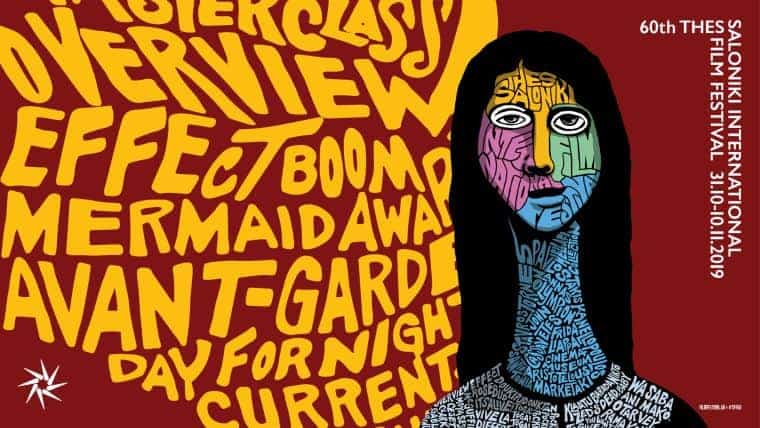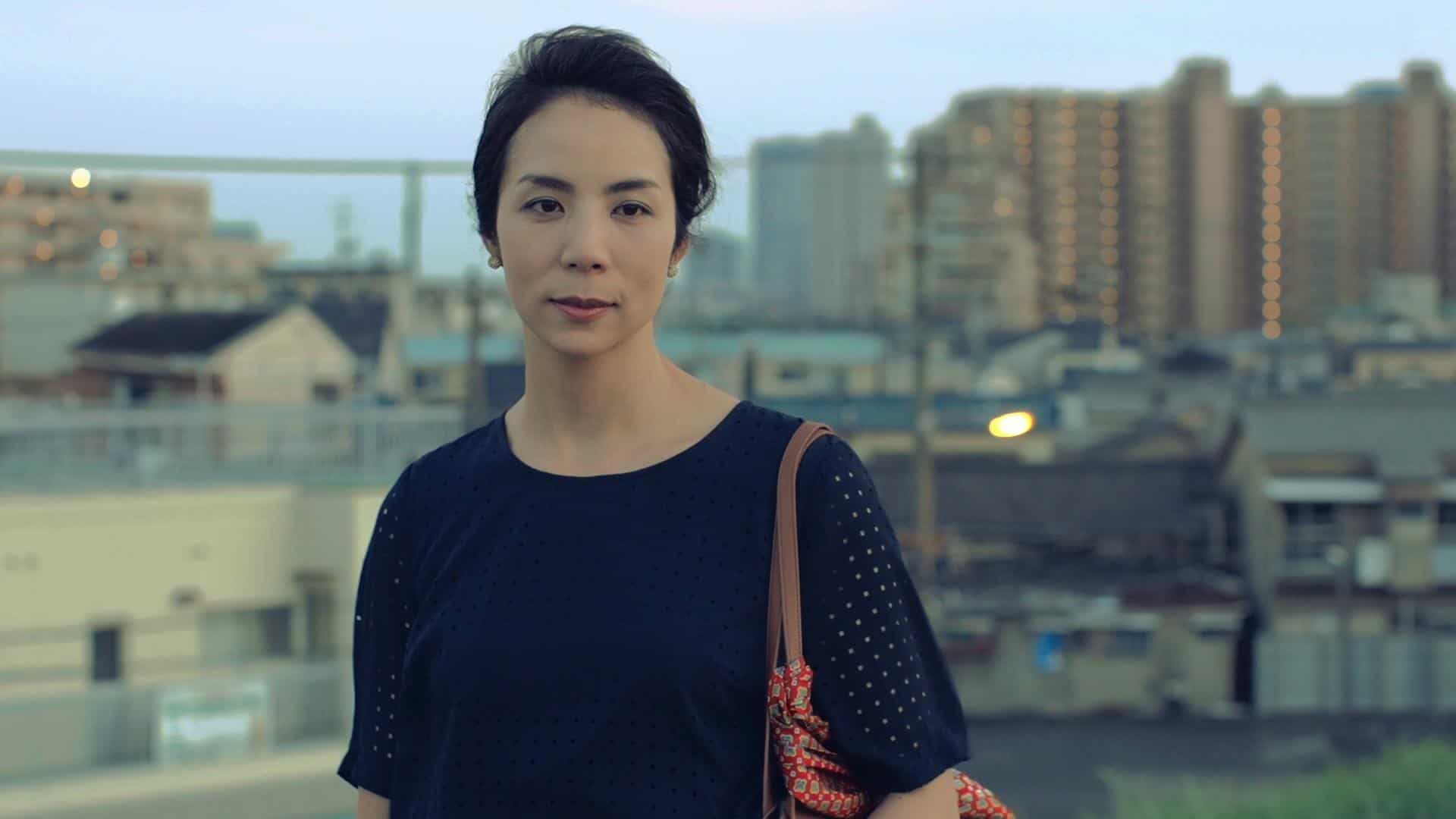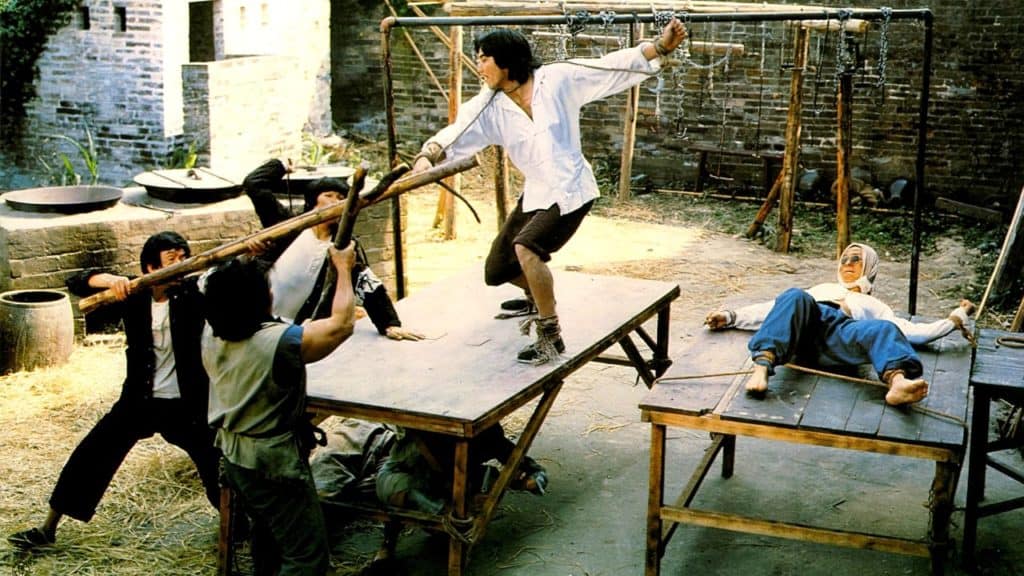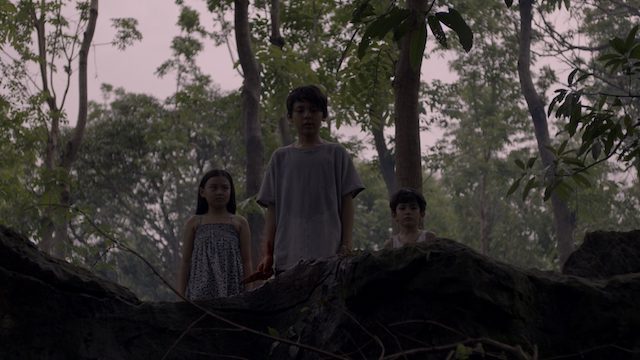Six years after the international success of “Ilo Illo”, Anthony Chen is back with another ambitious family drama, which also reunites him with his former protagonists, Yeo Yann Yann and Koh Jia Ler.
“Wet Season” is screening at the 60th Thessaloniki International Film Festival

Mandarin-language teacher Ling lives a life that stretches from mundane to genuinely sad. Her marriage is in shambles, as her busy husband, Andrew, is always absent, frustrated with their continuous, but unsuccessful efforts to have a child, which have lasted for 8 years. Ling however, still tries and continues undergoing a painful IVF treatment, but she is on her own. Furthermore, she has to take care of her bed-ridden father, who spends all his days watching old kung-fu movies (some will notice King Hu there) and has to face attitudes that reach the borders of contempt in school, by both students and fellow teachers, as her subject is considered of secondary importance. Her frustration, kindness, and mother instincts find a way out in the face of Wei Lung, a student who attends her afternoon classes, is a Wushu athlete, and seems to be as lonely as she is. Soon, a rather complex and multifaceted relationship is established.
The review contains spoilers
The obvious trait of the film is Anthony Chen's direction, and particularly the artful build-up of the relationship of the two protagonists, that manages to remain captivating despite its obviousness. The scene where the two share durians as a proof of their growing intimacy is indicatory of Chen's style in that regard. The fact that he takes his time to explore this notion helps in terms of both character analysis and regarding the entertainment the film offers, since the outcome remains open and keeps the interest from wavering, for the whole duration of the movie. In that regard, he benefits the most by Hoping Chen's and Joanne Cheong's excellent editing, who induce the movie with a relatively slow pace that allows Chen to take his time in communicating everything he has to say, without, however, becoming tiresome at any point.

Furthermore, through the presentation of the lives of the two protagonists, Chen makes a number of social comments regarding modern life in the megalopolis. The alienation of people, even within marriage, and the subsequent loneliness is one of the major ones, as both protagonists feel it quite intensely. The ways people try to fight these two “ailments” is another with Ling trying to have a child, Andrew indulging in an extra-marital affair and Wei Lung looking for love and in essence, a family, wherever he can. The fact that the latter eventually connects even with Ling's father is a testament to this aspect, with the same applying to the oedipal notions that inevitably surface. The fact that sex can offer a way out from all the bleakness associated with modern life is a rather interesting but also realistic comment, with the fact that Chen does not romanticize it at all adding to the quality of the narrative.
The different ways the grown-ups and the young deal with sorrow is also depicted through the ways Ling (with maturity and restraint) and Wei Lung (head on and with almost dire consequences) find to cope with it, in one of the most realistic and captivating aspects of the film. The hypocrisy that is quite evident in the upper middle class and the decline of the concept of family also get their share, with Chan presenting them in a rather pessimistic but also pragmatic style.
On a secondary level, Chen also makes a comment regarding the practices of education, where traditional language studies are placed in the background in favor of science and English, which are considered more important regarding the professional advance of the students. The life of the Malaysians that have moved to Singapore is also examined, through the lives of both Ling and her brother's, with the differences between the two countries presented subtly, but evidently (news sequences about Malaysia for example and the constant fear for punishment that lurks over Singapore due to its strict laws). Lastly, the issue of the care of the elderly is also highlighted in quite realistic fashion, as we watch Ling having to take care of her father as if he was a baby (with the dream highlighting this last aspect quite eloquently).

Sam Care's cinematography stresses the grays of the wet season quite artfully, in a parallel with the sadness both protagonists exhibit that also adds to the narrative.
Yann Yann Yeo gives a wonderful performance in a rather difficult part that has her exhibit resolve, despair, grief, caring and fear in different occasions in the film. The fact that she is quite convincing in all the above is a testament to her effort. Koh Jia Ler as Wei Lun highlights everything one would expect from a teenager also quite convincingly, while their chemistry is one of the best assets of the narrative (the hands scenes are a wonderful and somewhat humorous testament to the fact).
“Wet Season” is a great film, that proves that Chen remains on top of his game despite the prolonged hiatus.















